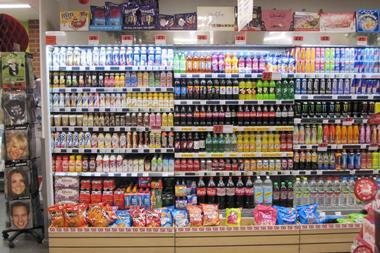The gap between evidence, food policy and delivery is worryingly wide
Food warranted one significant entry in the Chancellor’s Autumn Statement. He acknowledged rising food prices but blamed this on “external inflation shock” and “unexpected rises in energy prices and global agricultural commodity prices”, citing the OBR. Unexpected? Hardly.
Am I or am I not right that this government, like the last, believes in open markets? Believes in world trade liberalisation? Claims to work within fiscal rules and despises false accounting? Believes in balancing the books? Right?
Yet food is where our national budget was last measured as £18.5bn in the red and rising as imports exceed exports.
Consider these other points about the sector. The deficit is greatest in fruit & veg, some of which can be grown here. Price inflation has been 6% this year but rose 12% in real terms in 2007-2011. Home production of raw ingredients has dropped. People are fat and getting fatter, costing the NHS huge amounts. Calories flood the market, yet banker-led reports 10 years ago showed that investment in prevention of non-communicable diseases (mostly diet-related) would save billions in the future. Climate change cannot be dealt with unless food is part of the strategy (food accounts for 30% of consumer greenhouse gas emissions). Inequalities drive a social wedge between people who nominally are all equal.
Food is vital. It illustrates and shapes our relationships. It links us to the eco-sphere. It’s the biggest UK employer. And so on. So why is there such a deafening silence on food policy? Why the stubborn government resistance to continue forging a framework that meets national needs and international responsibilities?
In its own neo-liberal terms, food warrants high-level framework thinking. If the Prime Minister can give the big treatment to the pharmaceutical industry as he did this week, why not food? The previous government was curmudgeonly and slow to engage but belatedly began to. So why halt it now - when crunch time affects consumers, prices, jobs?
Like many academics, I muse on the gap between evidence, policy and delivery. History suggests that when the gap becomes too great, trouble follows. That’s why next week, my university hosts its second Food Symposium asking ‘Where is UK food policy going?’ Answers welcome.



















No comments yet